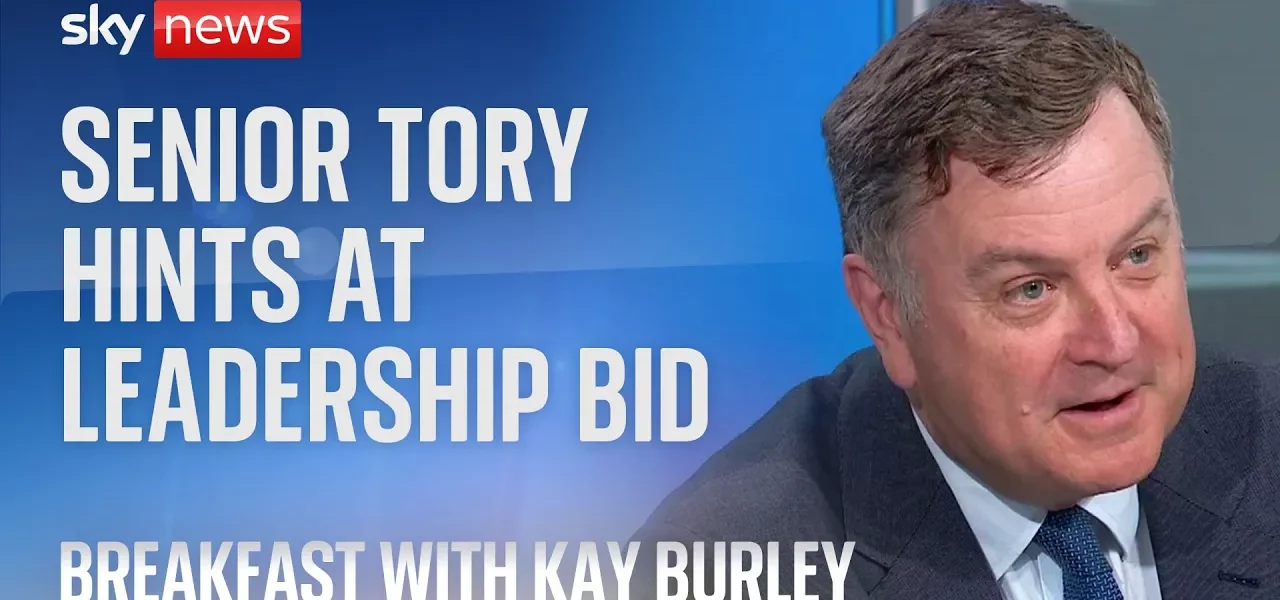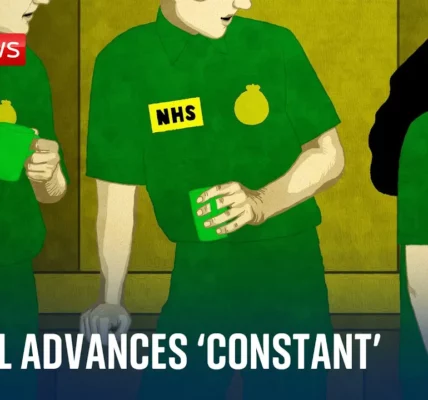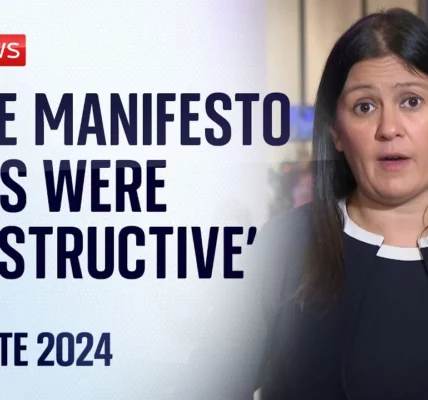Future of the Conservative Party: Leadership and Reform Insights

In this article, we delve deep into a recent conversation surrounding the future of the Conservative Party in the UK. The discussion touches on leadership prospects, the need for reform, and strategies to regain public trust and electoral success.
Introduction
The current political climate in the UK has raised many questions regarding the future of the Conservative Party. A recent discussion with a key political figure, the Shadow Secretary of State for Work and Pensions, revealed insights into potential leadership changes and the necessary reforms to regain public confidence. This article will explore the various topics covered, including the importance of unity within the party, the need to reconnect with voters, and the strategic direction required for success in upcoming elections.
Leadership Aspirations and Party Unity
The conversation began with the Shadow Secretary contemplating a potential leadership role within the Conservative Party. While no definitive decision has been made, the interest in leading the party stems from a desire to unify and strengthen its position in Parliament. Here are some key points discussed:
- The importance of having a strong Conservative Party for the country.
- Recent electoral challenges and the need for a strategic plan to regain trust.
- The necessity of demonstrating steady and competent opposition.
Rebuilding Trust and Competence
One of the primary concerns raised was the loss of the Conservative Party’s reputation for competent governance. Trust, once lost, is difficult to rebuild, and it was emphasized that:
- Effective communication of policies is essential.
- Demonstrating accountability in opposition is crucial.
- Engaging with constituents to understand their needs and concerns is necessary.
Policy Reform and Voter Engagement
As the discussion progressed, the need for policy reform became evident. The Shadow Secretary pointed out that the party must appeal not only to traditional Conservative voters but also to those who stayed home during elections or switched allegiances. This can be achieved by:
Identifying Key Policy Areas
There are several areas where the party could focus its reform efforts:
- Addressing illegal migration comprehensively.
- Implementing tax reductions that resonate with the public.
- Ensuring policies reflect compassion for vulnerable populations while being fiscally responsible.
Engaging Disenfranchised Voters
Reconnecting with voters who felt neglected by the Conservative Party is essential. Strategies include:
- Conducting outreach programs to understand voter concerns.
- Creating inclusive policies that address the needs of various demographics.
- Encouraging grassroots movements to foster a sense of community and belonging among party members.
The Path Forward for the Conservative Party
The conversation highlighted the importance of not only having a competent leader but also fostering an environment of collaboration within the party. Key insights included:
Avoiding Internal Conflicts
It was stressed that the party must avoid “Blue on Blue” conflicts during the leadership selection process. Instead, a focus on:
- Positive and constructive debates among candidates.
- Finding common ground to unite party members.
- Developing a cohesive platform that resonates with the electorate.
Learning from Historical Precedents
The Shadow Secretary drew parallels with the Labour Party’s recovery post-2019, suggesting that with the right leadership and policies, the Conservative Party could also bounce back. The importance of:
- Strategic planning and execution.
- Building a broad coalition of support within the party.
- Maintaining a steady focus on electoral goals.
Conclusion
The conversation with the Shadow Secretary of State for Work and Pensions underscores the vital need for the Conservative Party to navigate its future carefully. By focusing on unity, reform, and strategic engagement with voters, the party can work towards regaining its footing in UK politics. As the leadership election approaches, it is clear that a thoughtful approach to policies and communication will be critical to the Conservative Party’s success. Explore more on UK politics and party dynamics.
“`




